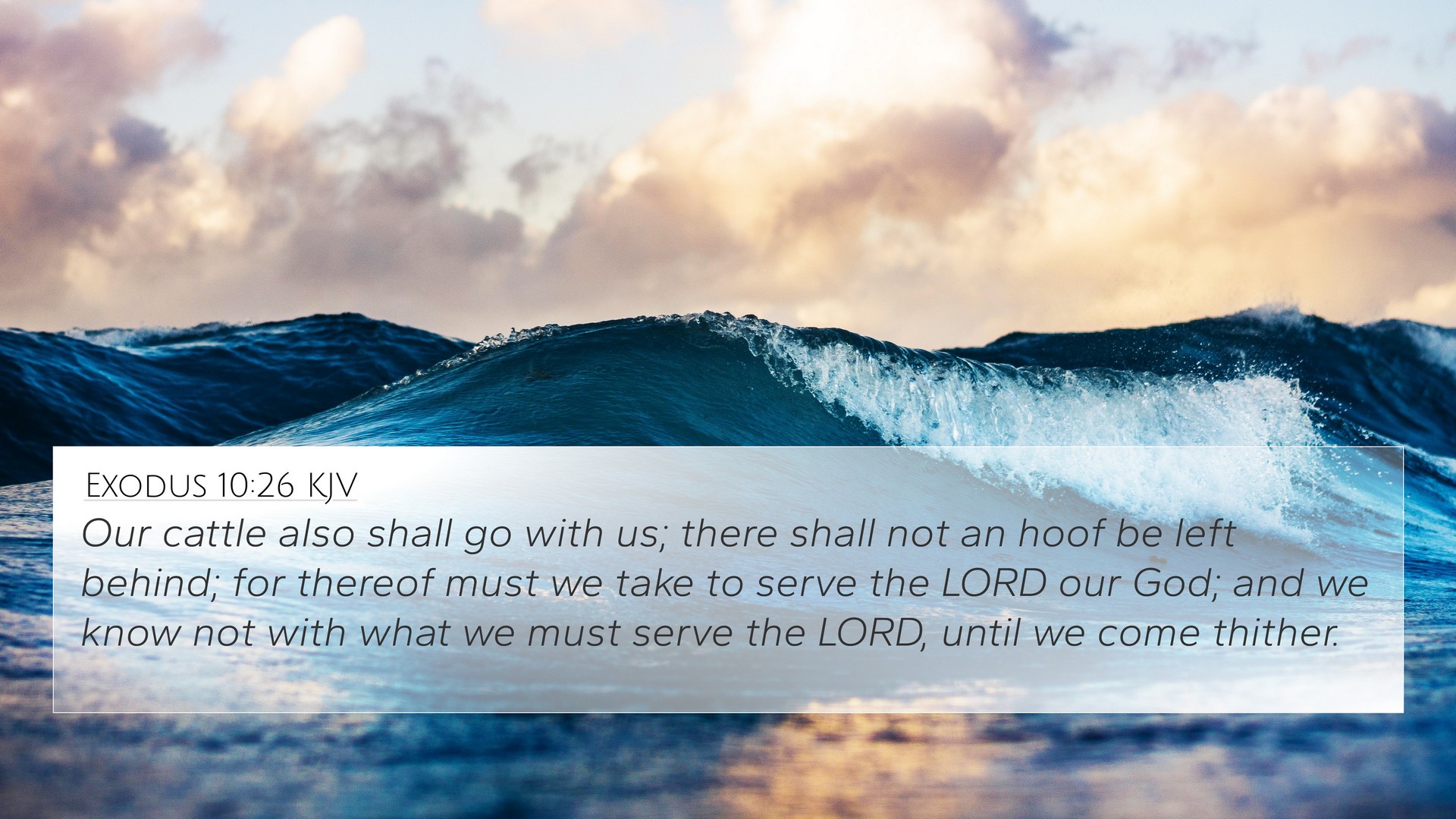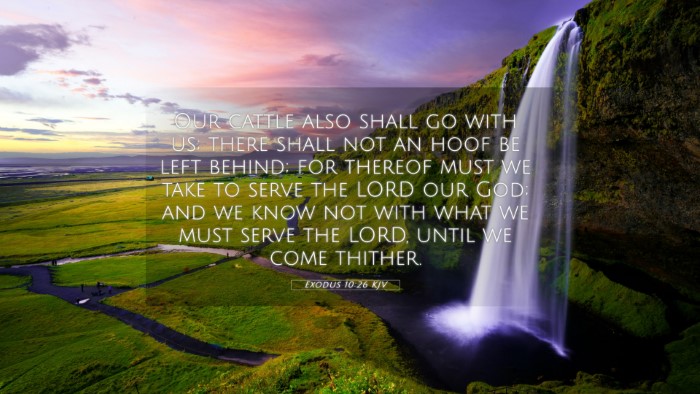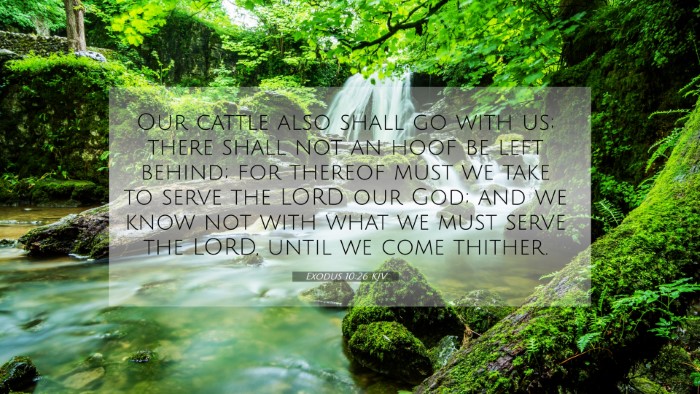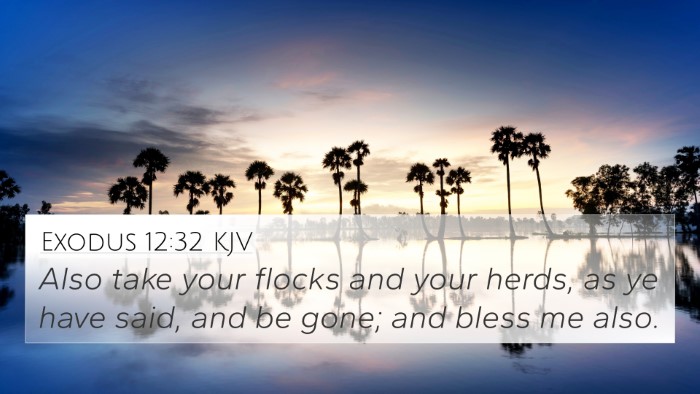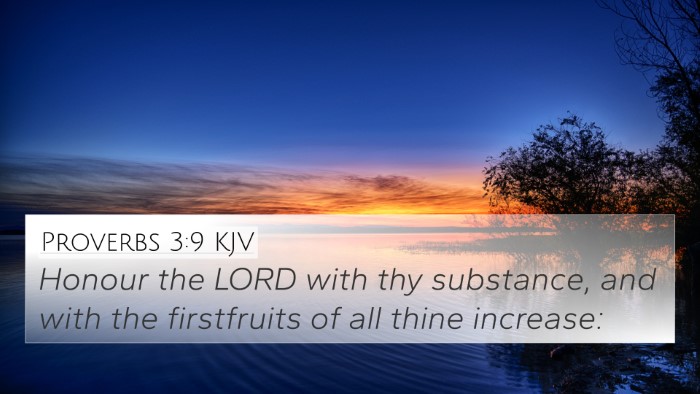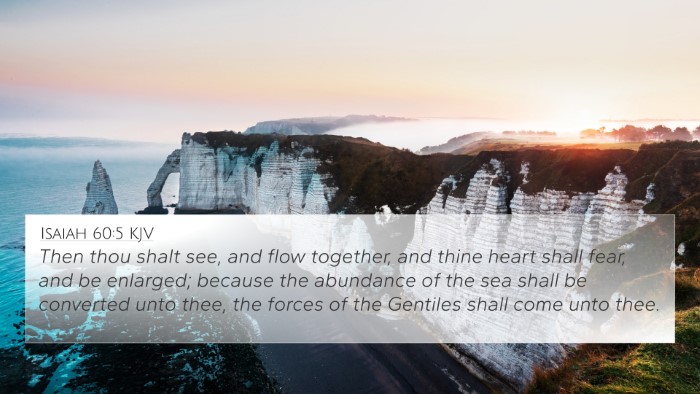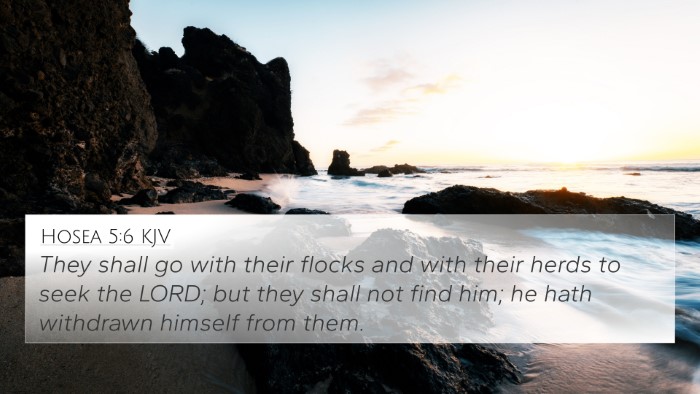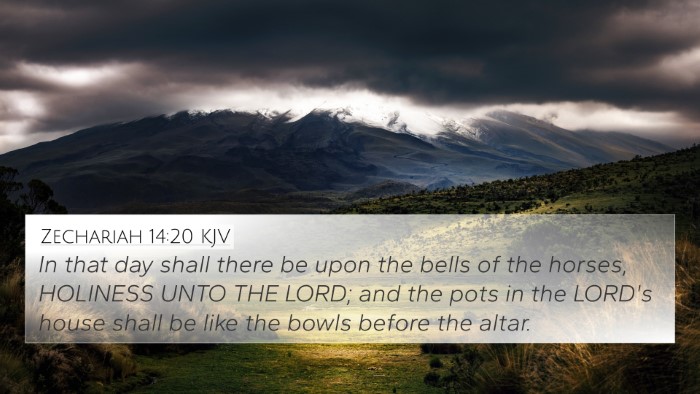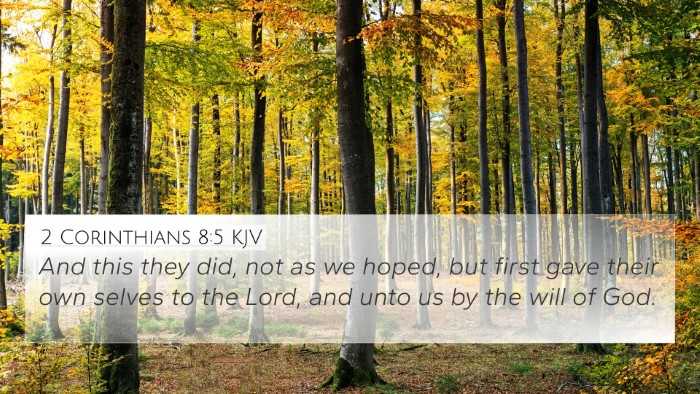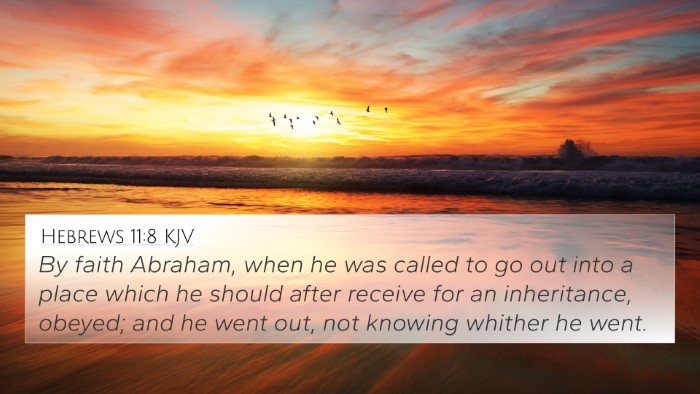Understanding Exodus 10:26
Exodus 10:26 states: "Our cattle also shall go with us; there shall not an hoof be left behind; for thereof must we take to serve the LORD our God; and we know not with what we must serve the LORD, until we come thither."
This verse encapsulates the commitment of the Israelites to serve God without offering any less than what is required. The context of this statement is critical, occurring during the final stages of the plagues of Egypt, where Moses insists that both people and animals must accompany them in their worship.
Key Insights from Commentaries
- Matthew Henry: Henry emphasizes the utter importance of obedience in serving God. He points out that the refusal to leave any cattle behind illustrates the completeness of their worship. The Israelites knew that their service to God required all resources at their disposal, connecting with the notion that true worship is total devotion.
- Albert Barnes: Barnes connects this verse to themes of sacrifice and offering, noting that the livestock represents their means of sustenance and labor. He stresses that the commitment to not leave even a hoof behind signifies their intention to dedicate everything to the service of God, reflecting faithfulness and wholehearted dedication.
- Adam Clarke: Clarke highlights the significance of understanding what is required of them to serve the Lord. He posits that the Israelites were keenly aware that their freedom was closely linked to their worship, and thus they prepared to make provisions necessary for their spiritual obligations, echoing God's demands throughout their journey.
Connections to Other Bible Verses
Exodus 10:26 has various cross-references that illustrate its themes of total dedication and divine service. Here are several notable connections:
- Exodus 3:18: Echoes the need for worship with the entire community and possessions.
- Exodus 12:32: A further request from Pharaoh to allow the Israelites to take what they need for their sacrifices.
- Leviticus 1:3-5: Discusses the offerings made to God, reinforcing the importance of sacrificial worship.
- 2 Samuel 24:24: David expresses that he will not offer to the Lord that which costs him nothing, akin to the demand of no hoof left behind.
- Romans 12:1: Paul urges believers to present their bodies as a living sacrifice, drawing parallels to the total offering demanded in the Exodus narrative.
- Hebrews 13:15-16: Highlights the importance of praise and sharing as forms of worship, linking to the necessity of dedicating all resources.
- Philippians 4:18: Paul speaks about sacrificial giving which is pleasing to God, resonating with the message in Exodus 10:26.
Biblical Themes and Applications
The theme of complete dedication to God is central to Exodus 10:26. Whether seen in the context of worship, sacrifice, or total commitment, the message resonates throughout scripture.
For those looking to understand connections between Bible verses, cross-referencing Biblical texts can reveal the depth of these themes. Various tools for Bible cross-referencing such as concordances can assist in finding these interconnections effectively.
Thematic Connections
- The concept of sacrifice is a recurrent theme in both the Old and New Testaments.
- Faithful service to God requires every believer to offer their all, as demonstrated in various scriptural contexts.
- Understanding how to use Bible cross-references can enrich personal study and sermon preparation.
Practical Steps for Cross-Referencing
Using a Bible cross-reference guide can help readers see these connections clearly:
- Start with the verse of interest, in this case, Exodus 10:26.
- Refer to a concordance or Bible reference resources to find similar themes.
- Look for related stories in the Old and New Testaments that provide further context.
- Utilize cross-reference Bible study methods in personal study or group discussions.
Conclusion
Exodus 10:26 serves as a powerful reminder of the importance of total commitment in one's service to God. By understanding the implications of this verse in relation to others through cross-referencing, believers can deepen their spiritual insights and enhance their worship experience.
